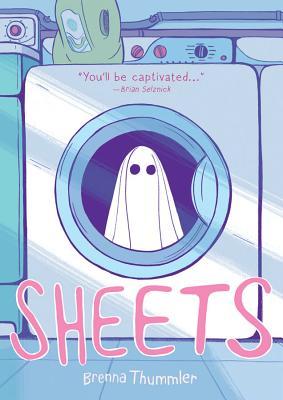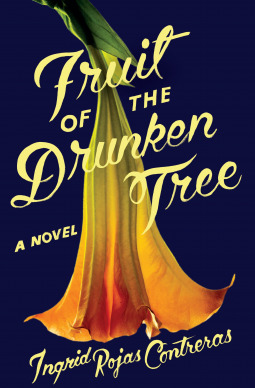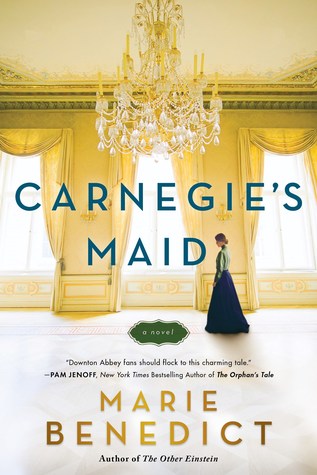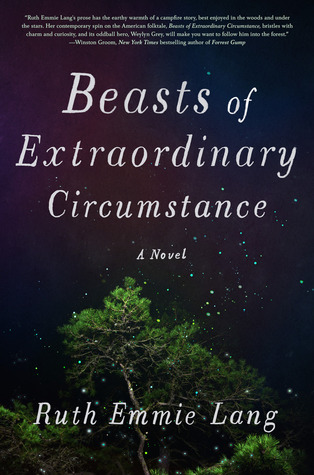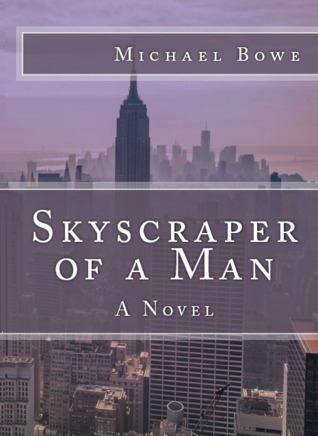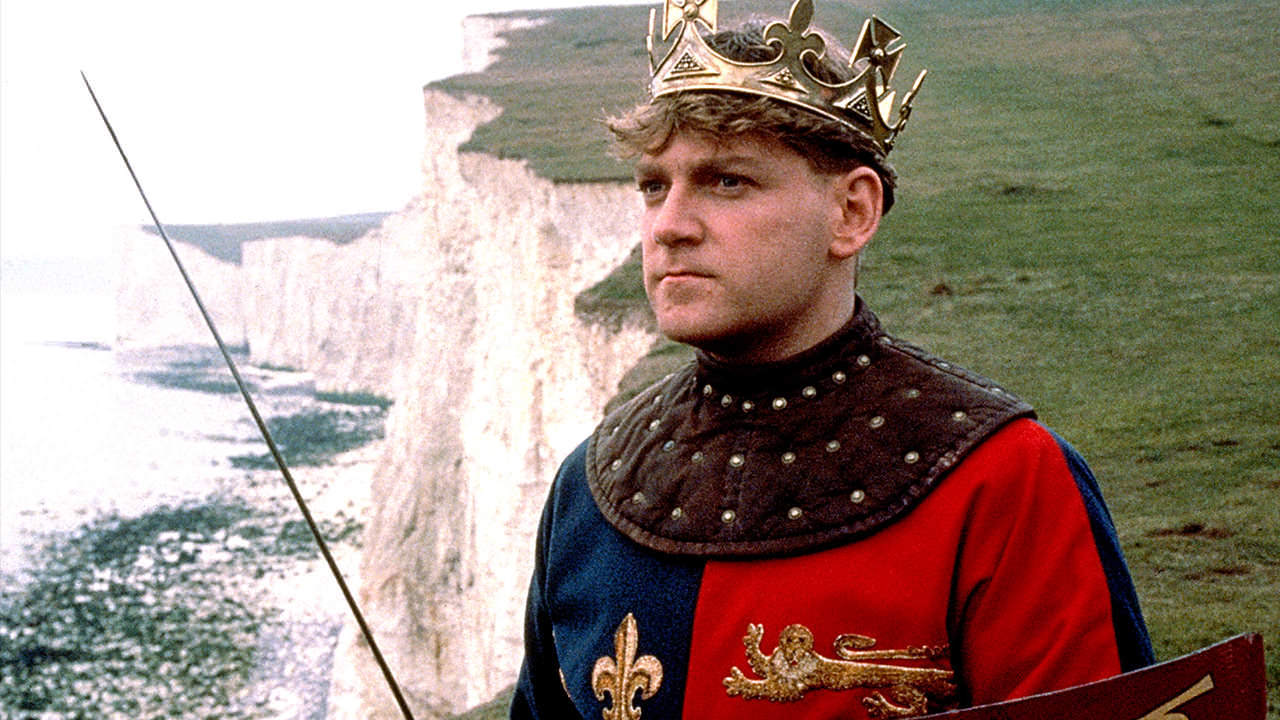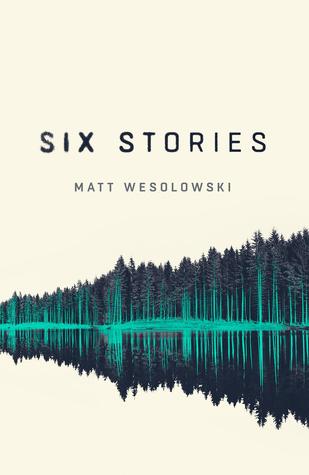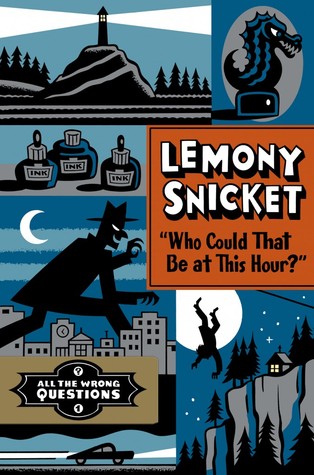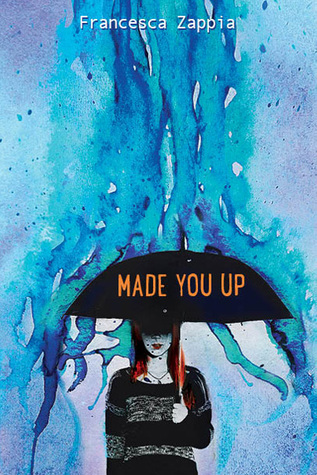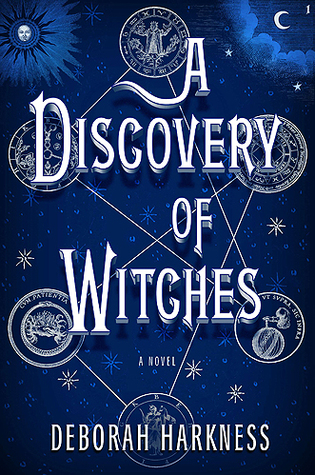
Released by Angry Robot on July 3rd, 2018
Available for purchase on Amazon
In an epic fantasy kingdom inspired by African legends, a young assassin finds himself hunted by the brothers and sisters he has trained alongside since birth.
A teenaged assassin is hunted by his own Brotherhood as he seeks to uncover a supernatural conspiracy before it’s too late
Neythan is one of five adolescents trained and raised together by a mysterious brotherhood of assassins known as the Shedaím. When Neythan is framed for the murder of his closest friend, he pursues his betrayer, and in so doing learns there’s far more to the Brotherhood, and even the world itself, than he’d ever thought possible.
ANNA'S REVIEW
★★★
This was an intriguing start to a new fantasy series, but I don't know that I'll pick up the next book.Neythan has just received his first mission as a newly-graduated assassin and is thrilled to be joining the Brotherhood after years of work. But after an unexpected murder, Neythan's world spins out of control and he is set on a path that he never thought he'd be on - one that might threaten the Brotherhood and everything he was raised to believe.
The surest sign that I love a fantasy series is that I can't shut up about it. I most recently experienced this with a Robin Hobb series - I've talked about it enough that my husband has vaguely followed the storyline over the months I've read the series, even though he's never read the books. Lost Gods was a book that I have hardly talked about and have hardly thought about since I put it down. While I enjoyed it, that's a sure sign to me that it didn't rock my world and now I'm beginning to understand why.
This book certainly had a lot of good things. The world building is incredible in this book and if I were to continue reading the series, it'd probably be to see more of the world. There are so many cities and lands and customs and governments and secret societies to keep track of, but it's a deeply built world that obvious has parts that we aren't shown in the book. The government feel vaguely ancient Egyptian to me, but it's obvious that it's meant to be its own government and not one that closely based on anything else. The author obviously put a ton of thought and care into building an interesting and well-developed world and I was very impressed.
The plot grabs you right away and that was something I appreciated about this book. A lot of books try to draw you in, but it feels so forced. This felt like a very natural place to begin our narrative and interesting things start happening immediately. The author structured his book well in that regard.
I also liked the progression of time in this book - the author jumped to important bits and didn't keep you sitting with characters all through their travels. At one point, a character mentions that they've been away from the Brotherhood for six months and I was really surprised at that. The plot felt like it had taken place in a short amount of time, but because our characters are often shown on the road for a short time before arriving at their destination, that estimation made a lot more sense. And it was cool to see how much our characters grew in that time.
Now, on the other hand, there were a few things that were kind of meh about this book. For instance, the characters weren't anything special. Now, in their world, they definitely were, but here was nothing to set them apart from other fantasy characters I've read. There was also no character I felt really connected to or invested in and I think a little more character development (besides just the main character, Neythan) would help me care more about their lives.
Also, the plot was obvious fairly high-stakes, but I couldn't bring myself to care about it. I think this was partly due to it being not all that different from a lot of other fantasy plots. Plus, the author shows you things from various perspectives and, while this is fun, you often know a lot more than the characters do. In some books, this would be maddening in the best kind of way, but in this book, it just made the stakes a lot lower and made me care less about the outcome.
Overall, this is an exciting new series and I think there are a lot of people out there who will enjoy it. But I'll probably stick to other fantasy for now.
Have you read this book? Are you interested in reading it? What draws you to a new fantasy series?


